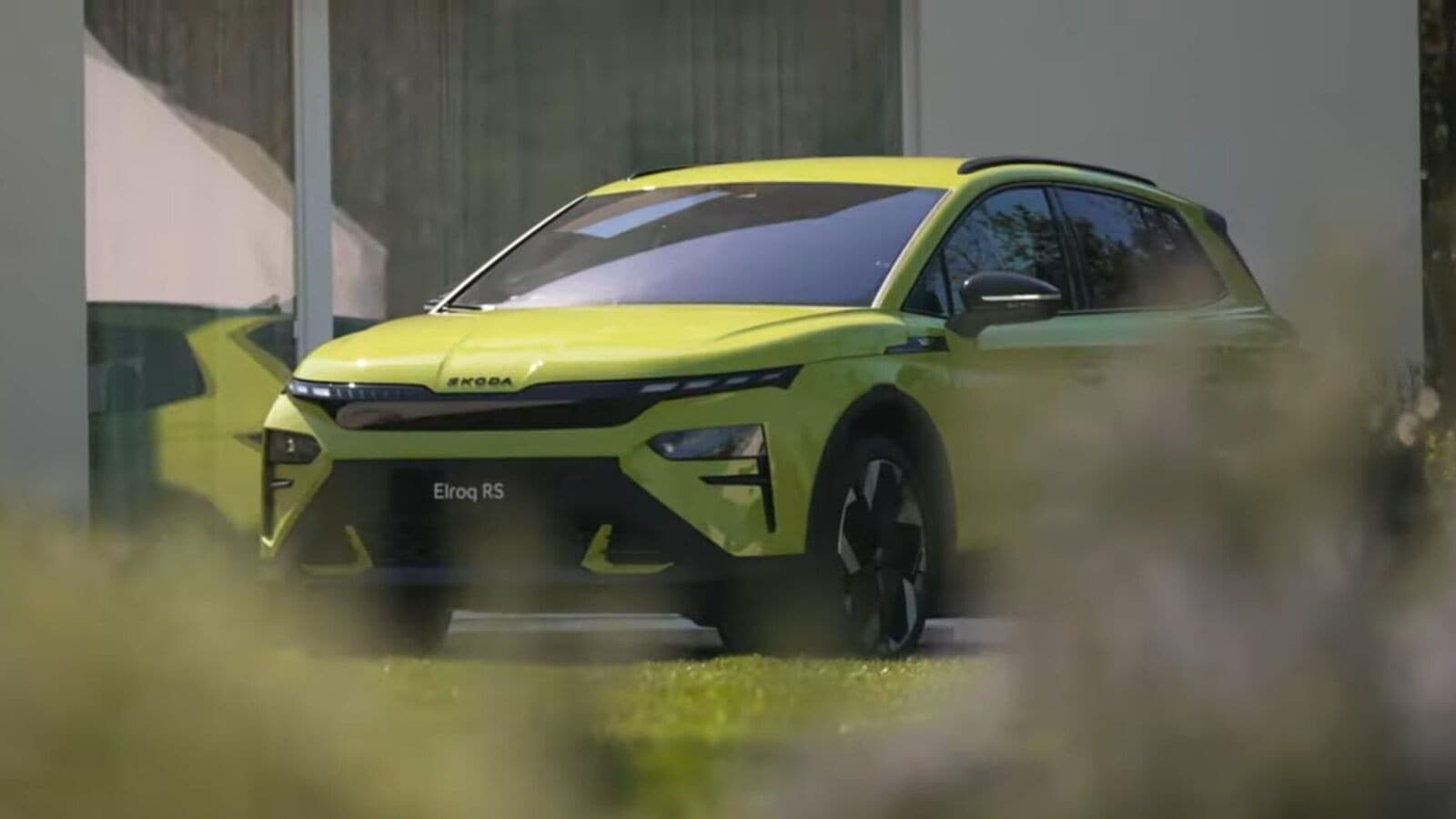19 August 2024

Tesla led Europe’s electric vehicle (EV) market during June, as other local brands faltered. José Pontes, data director at EV Volumes, looks into the data with Autovista24 journalist Tom Hooker.
Tesla emerged as Europe’s best-selling EV brand in the first half of the year. It accounted for 11.4% of battery-electric vehicle (BEV) and plug-in hybrid (PHEV) registrations between January and June. This was up from its 10.5% share recorded in May, as it benefitted from the carmaker’s traditional quarterly delivery schedule.
However, compared to the same period last year, Tesla has lost ground. It fell 1.7 percentage points (pp) from its 13.1% share during the first half of 2023.
In second place, BMW captured 9.9% of Europe’s plug-in market. This was a 0.4pp decline from its result posted in May. Yet, the manufacturer achieved growth compared to the first six months of 2023, when it accounted for 7.9% of EV deliveries.
Mercedes-Benz took third with an 8.8% market share. Like BMW, the marque lost ground, down 0.2pp from its position in the first five months of 2024. Despite this, its share increased from 12 months ago, up 1.4pp on the first half of 2023.
Volvo followed the same trend in fourth, dropping 0.2pp to an 8.6% share in the first half of the year. However, this was a significant improvement from the 6.5% recorded at the same point last year.
Many brands could be affected by the EU’s provisional tariffs which are aimed at BEVs built in China. Confirmed in July, these duties are added to the existing 10% rates applied to models coming into the EU. However, these tariffs do not apply in non-EU member states.
Audi slips
Rounding out the top five was Volkswagen (VW) which made up 6.5% of registrations, up 0.3pp from May. Yet, this was a stark contrast to its 8.5% share from one year ago. The carmaker finished in the European EV top three in eight of the last nine years. So, it can be expected to try and accelerate sales until the end of 2024.
The carmaker is focusing on the future of its EV fleet, although there are challenges ahead. Handelsblatt recently reported that the brand may delay the launch of its Trinty EV to 2032 instead of 2026.
Instead, a fully-electric Golf May be launched in 2029 or sooner. This would make it the first VW model to use the OEM’s new scalable systems platform, also known as the SSP. In the meantime, the modular electric drive matrix, or MEB, is due to be upgraded to the MEB+ in 2026.
VW overtook Audi, which fell 0.2pp to a 6.5% market hold in June. This drop was largely due to the poor performance of its Q8 e-Tron. The manufacturer sat 1.2pp ahead of its share in the first six months of 2023.
Kia and Peugeot sat outside of the top six. Both brands accounted for 4.5% of EV deliveries during the first half of the year. For the former, this was a decline from its 4.7% market share in May. Meanwhile, Peugeot’s share fell 0.3pp from the previous month, and 0.2pp compared to the same period last year.
VW Group’s comfortable lead
Grouping carmakers under their parent companies, VW Group maintained its comfortable lead in June. It captured 20.2% of Europe’s plug-in market, a 0.1pp improvement from its May result. The OEM has grown from its 19.9% share recorded in the first six months of 2023.
Tesla came in second, reaching an 11.4% market share. The brand jumped three positions in June, despite losing 1.7pp compared to its performance from the first half of last year.
Third place went to Stellantis, which continued to struggle. The group dropped to an 11.2% share from 11.7% in May. This contrasts starkly from its 14.3% share recorded at the same point last year.
Stellantis will be hoping to profit from its new and more affordable EV models. The OEM may also be helped by the introduction of artificial intelligence into new group models. The Alfa Romeo Junior and Citroen C4 look set to benefit from SoundHound Chat AI with integrated ChatGPT.
Reuters reported that Stellantis CEO Carlos Tavares was ready to axe underperforming brands after poor first-half results this year. Meanwhile, the company still expects to launch 20 new models this year.
BMW in fourth
BMW Group finished the month in fourth, making up 10.7% of registrations. This was a drop of 0.2pp on May, yet 1.2pp above its performance recorded in the first six months of last year. Geely-Volvo took fifth with a 10.6% market share. Despite falling 0.1pp from May, the OEM jumped 1.9pp compared to the same period in 2023.
Outside of the top five, Mercedes-Benz Group secured sixth, capturing 9.1% of Europe’s EV market. This was a 0.4pp decline from May, but an increase from its 8.3% share recorded in the first half of last year.
Elsewhere, Hyundai Motor Group accounted for 7.8% of plug-in deliveries. This was down 0.3pp on May’s result and marked a 0.4pp decline on its performance from the first six months of 2023.
The OEM may benefit from its development of an extended-range EV powertrain in the future, as reported by The Korea Economic Daily. Meanwhile, according to Korean Car Blog, a European hatchback version of the South Korean-built Kia EV4 is being developed and may be produced in Slovakia.
Finally, Renault Nissan Mitsubishi Alliance took a 5.1% share, up from its 5% market hold in May.




